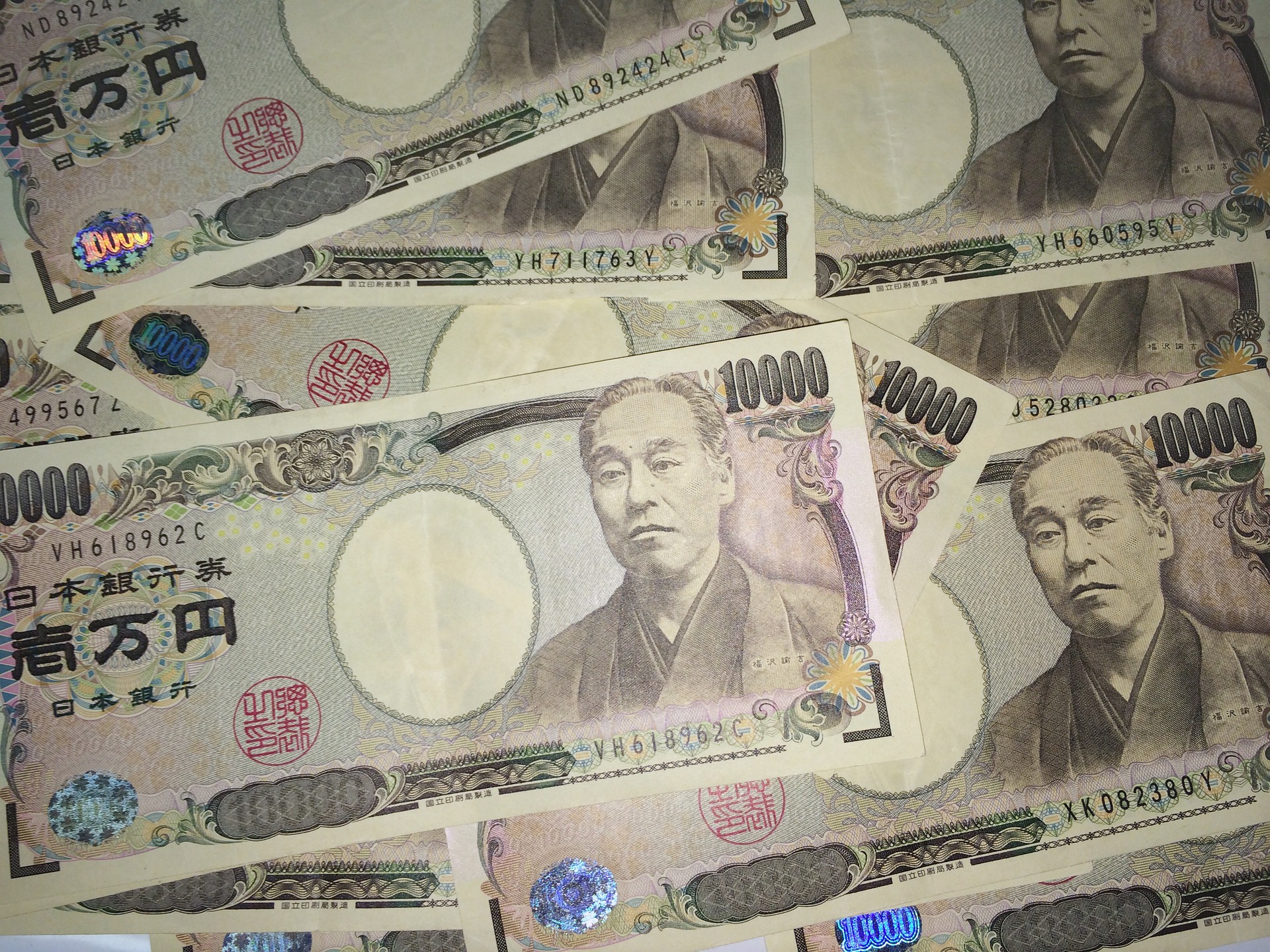Last week, China fired a powerful stimulus bazooka at its markets. It was designed to jolt the economy back to life, and it’s already making waves. The STAR 50 index, one of China’s key tech-heavy indices, surged 12% in just a day. On the surface, this may seem like good news for the region, but for Japan, it spells trouble.
Japan’s economy, already teetering between growth and stagnation, could face a series of new challenges as China’s stimulus ripples outward. Here’s how this stimulus bazooka will create inflationary pressures in Japan, trigger higher interest rates, and strengthen the yen—ultimately dragging down the country’s equity markets.
Inflationary Pressures: A New Surge
The injection of liquidity into China’s economy will increase demand for raw materials, commodities, and imports from regional neighbors, including Japan. This will push up prices globally, and Japan will not escape this inflationary wave. Japan has struggled with deflationary pressures for years, but now inflation is becoming a concern. Rising input costs for Japanese companies, especially in energy and materials, will eat into profit margins and force prices up for consumers.
For a country that has kept interest rates near zero to fight decades of stagnation, the sudden influx of inflation is an unwelcome guest.
Higher Interest Rates on the Horizon
As inflationary pressures mount, the Bank of Japan (BoJ) will be forced to rethink its monetary policy. For years, Japan has maintained ultra-low interest rates to encourage investment and consumption. But now, with inflation likely heating up due to China’s economic stimulus, the BoJ may have no choice but to raise rates sooner than anticipated.
Higher rates will increase borrowing costs for Japanese companies, making it more expensive for them to invest in new projects or expand operations. For households, rising mortgage and loan rates could dampen consumer spending, which has already been weak in Japan. This shift will put downward pressure on economic growth at a time when the country can ill afford it.
A Stronger Yen: Double-Edged Sword
As Japan raises interest rates to counter inflation, the yen will likely strengthen. A stronger yen makes Japanese exports more expensive for foreign buyers, particularly in markets like the U.S. and Europe, where demand is critical for Japan’s export-driven economy. The stronger yen will further reduce Japan’s competitiveness, hurting industries like automotive, electronics, and manufacturing—key pillars of the Japanese economy.
The flip side is that a stronger yen also makes imports cheaper, which could help offset some inflationary pressures. But overall, a stronger yen is more likely to harm Japan’s fragile recovery than help it.
Lower Equity Markets: A Storm Ahead
The combined forces of rising inflation, higher interest rates, and a stronger yen will weigh heavily on Japan’s equity markets. Investors will see shrinking corporate profits as companies grapple with rising costs and falling export demand. Already, market sentiment is fragile, and this new storm could send stocks tumbling.
As liquidity pours into China’s markets, Japan may also experience an outflow of capital. Investors seeking higher returns could shift away from Japan’s lower-yielding markets to chase gains in China’s booming sectors, further depressing equity prices in Tokyo.
Conclusion: The Ripple Effect from China’s Stimulus
China’s stimulus may be a lifeline for its own markets, but for Japan, it’s a direct hit. Inflation, higher rates, a stronger yen, and tumbling stocks are all on the horizon. As Japan tries to navigate these turbulent waters, it’s clear that China’s stimulus bazooka has set off a chain reaction that could reshape Japan’s financial landscape in the months to come.
For investors, the stakes are high. While China’s markets surge, Japan’s may flounder. In this environment, careful consideration of where and how to allocate assets becomes more crucial than ever.

Leave a Reply